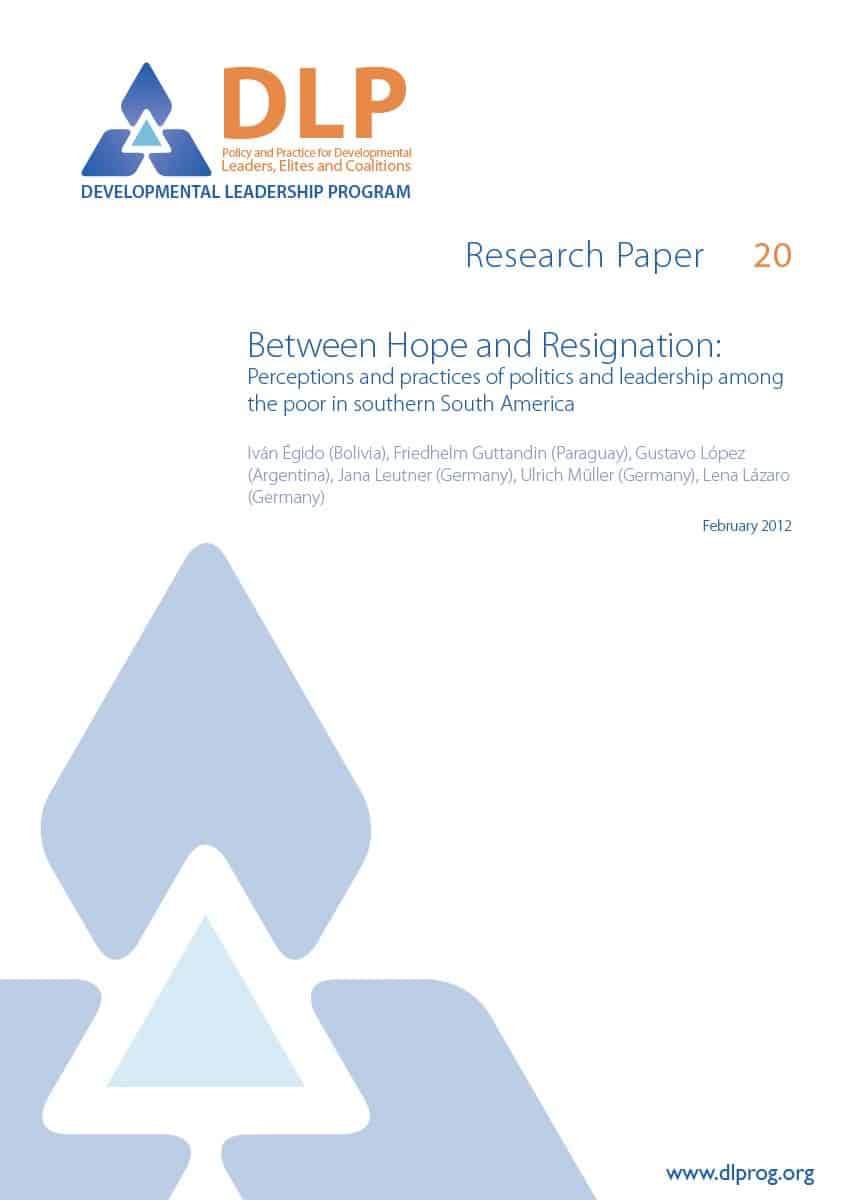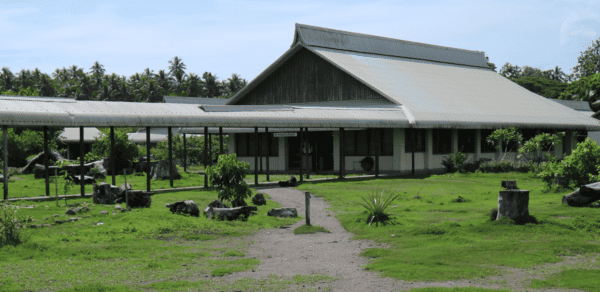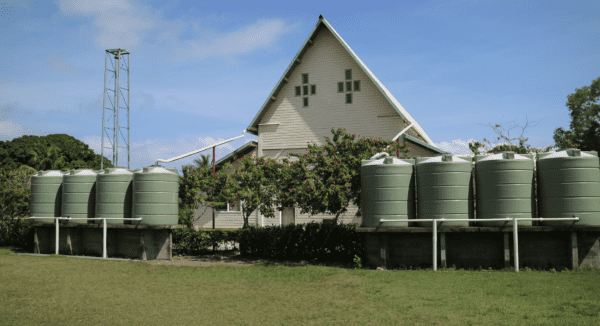Support for the emergence of democratic processes has been a key aim of the international community for at least two decades.
But how do the poor and the marginalized perceive the politics of democratic processes, especially in new or born-again democracies? Does it work for them? And how do they perceive the performance and behaviour of democratically elected leaderships?
This small study, supported by GIZ (the German agency for International Cooperation) seeks to answer these questions.
Key points:
A sample of urban and rural poor in three Latin American countries were surveyed. The results show that the majority regard democratic politics as distant from their preoccupations. Although they welcome democracy, they are somewhat cynical about their elected leaderships. However, in their daily lives they encounter a variety of community organizations and engage in forms of participation that they do not conceive of as ‘politics’, or as being ‘political’.
These findings are not dissimilar to findings from other parts of the world. Among the study’s important policy messages is the need to support and strengthen local organizations and facilitate coalitions between them so as to enable the poor to aggregate and articulate their interests more effectively in the processes of democratic politics and governance.









